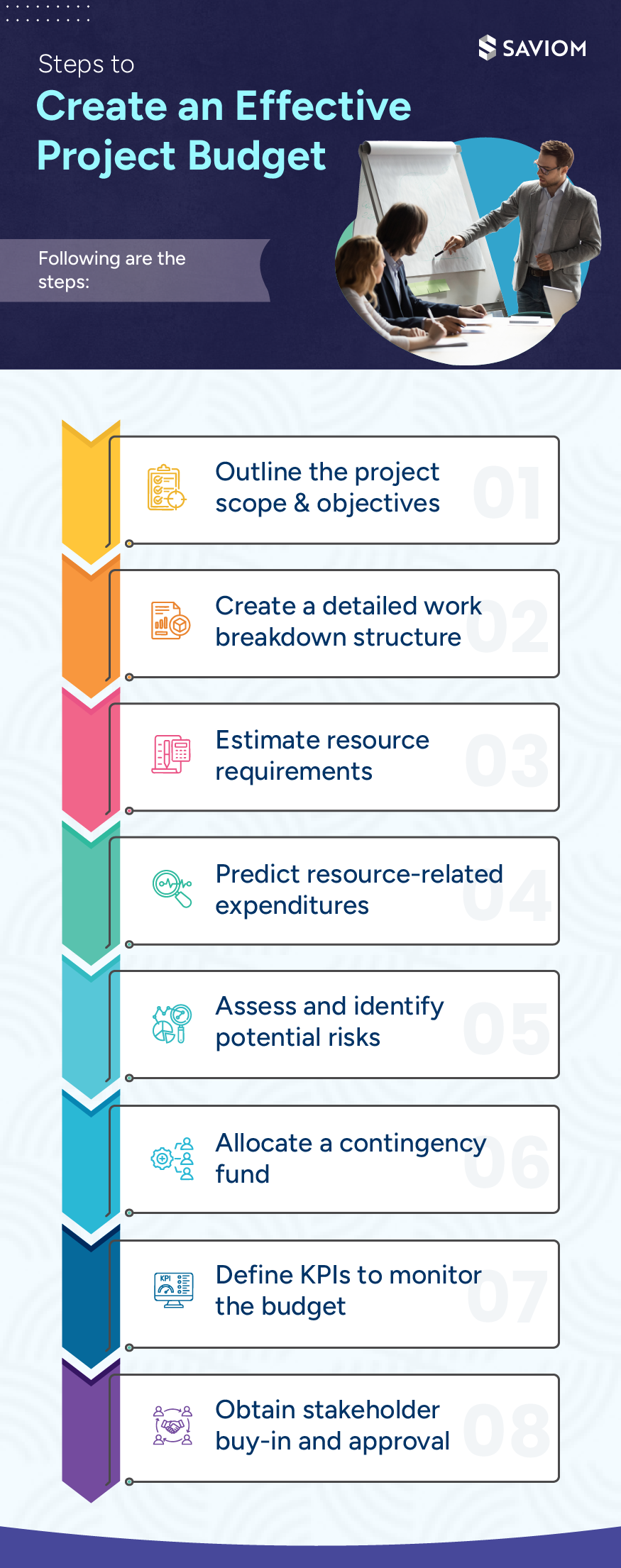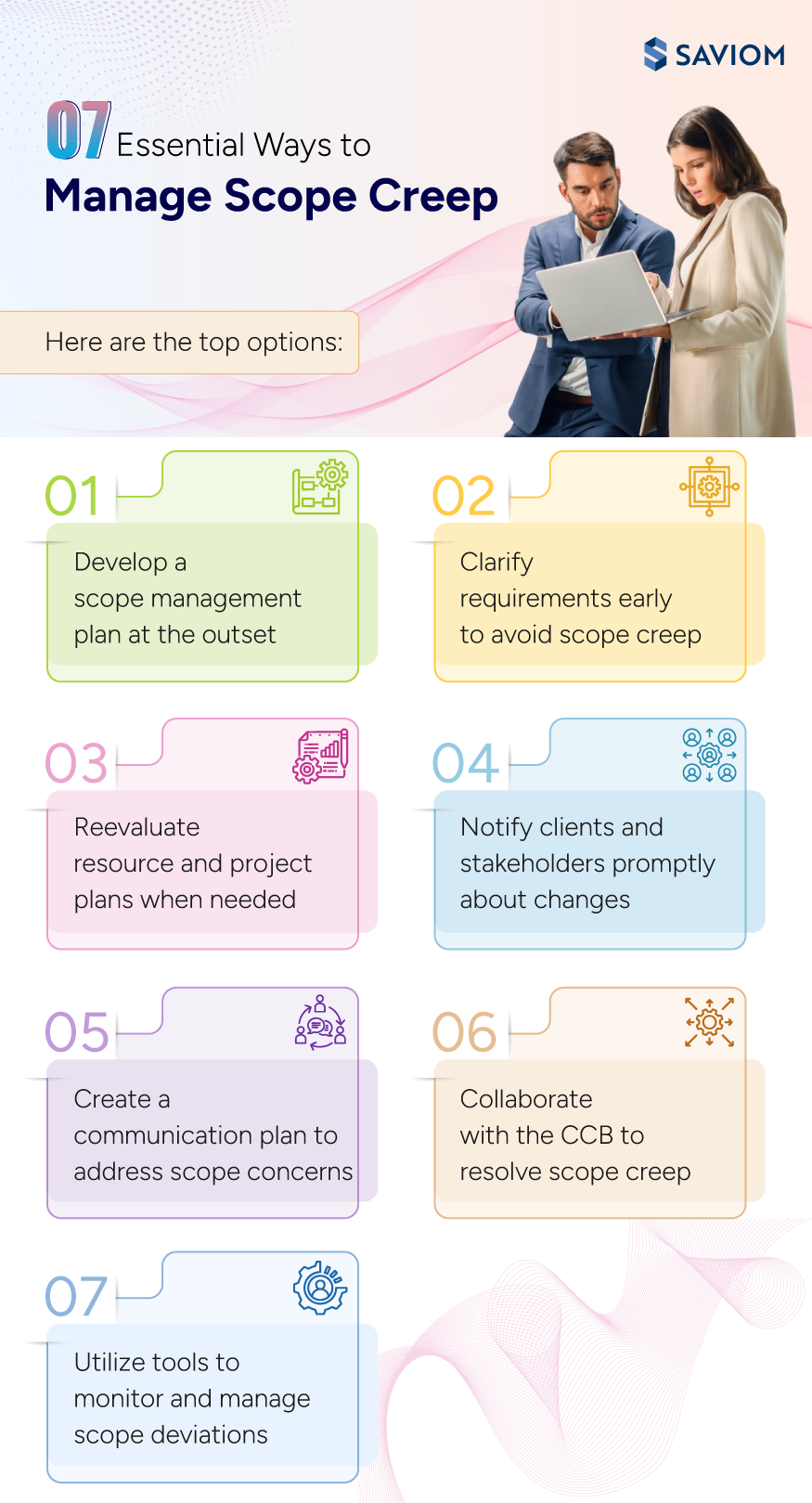Trust and transparency form the two cornerstones of an organization’s success. They help mitigate internal conflicts, boost overall productivity, facilitate a high-performance culture, reduce unplanned attritions, and promote a cohesive work environment.
However, establishing them becomes hard in remote teams due to a lack of non-verbal cues like body language and in-person interactions, geographical barriers, time-zone variances, etc. A manager, thus, should walk the extra mile to maintain trust and transparency in virtual teams.










